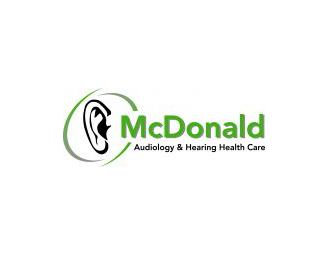The eardrum performs two extremely important functions: clearly, it vibrates when it senses sound waves, but additionally it functions as a barrier to safeguard the inner ear from infections. Whenever your eardrum is intact, your inner ear is basically a sterile and protected place; however when it has been perforated or torn, harmful bacteria may enter and cause a major infection called otitis media.
A ruptured eardrum – often called a perforated eardrum or, as a tympanic membrane perforation – is a tear or puncture in this thin important membrane. A ruptured eardrum has many possible causes, the commonest being an ear infection, which in turn causes fluid to press up against the eardrum membrane and ultimately cause it to split. An additional well-known reason for perforated eardrums are foreign objects inserted into the ears. For instance, it’s possible to puncture your own eardrum with a Q-tip. An additional well-known root cause is barotrauma – the problem that happens when the barometric pressure inside the ear is different from the pressure outside the ear – which can happen in scuba diving and in airplanes. Eardrums can also become punctured due to head injuries or acoustic trauma such as explosions.
The signs of a ruptured eardrum include ear pain, fluid draining from the ear, partial or complete hearing loss in the affected ear, ringing in the ears, and dizziness or vertigo. A punctured ear drum should be examined and cared for by a professional. Prompt attention is important to prevent infection and hearing damage. Untreated, a perforated eardrum can result in middle and inner ear infections, middle ear cysts (cholesteatoma), and permanent hearing loss.
At your visit the health care provider will look at the eardrum with an instrument called an otoscope. With its internal light, the otoscope gives the specialist a clear look at the eardrum. Punctured eardrums generally heal by themselves in 2-3 months. During this time period, the doctor will probably counsel you to avoid diving and swimming and to refrain from blowing your nose if possible. You should also avoid any non-essential medications. If the puncture or hole is close to the edge of the eardrum, the specialist may help the recovery process by inserting a temporary dam or patch to help reduce the risk of infection, or even propose surgery.
Your specialist may also recommend over-the-counter (OTC) pain medications such as aspirin or ibuprofen to manage pain. The most important safety measures you can adopt to avoid ruptured eardums are to 1) avoid placing any objects into your ears, even to clean them, and 2) address ear infections promptly by seeing a hearing healthcare provider.

